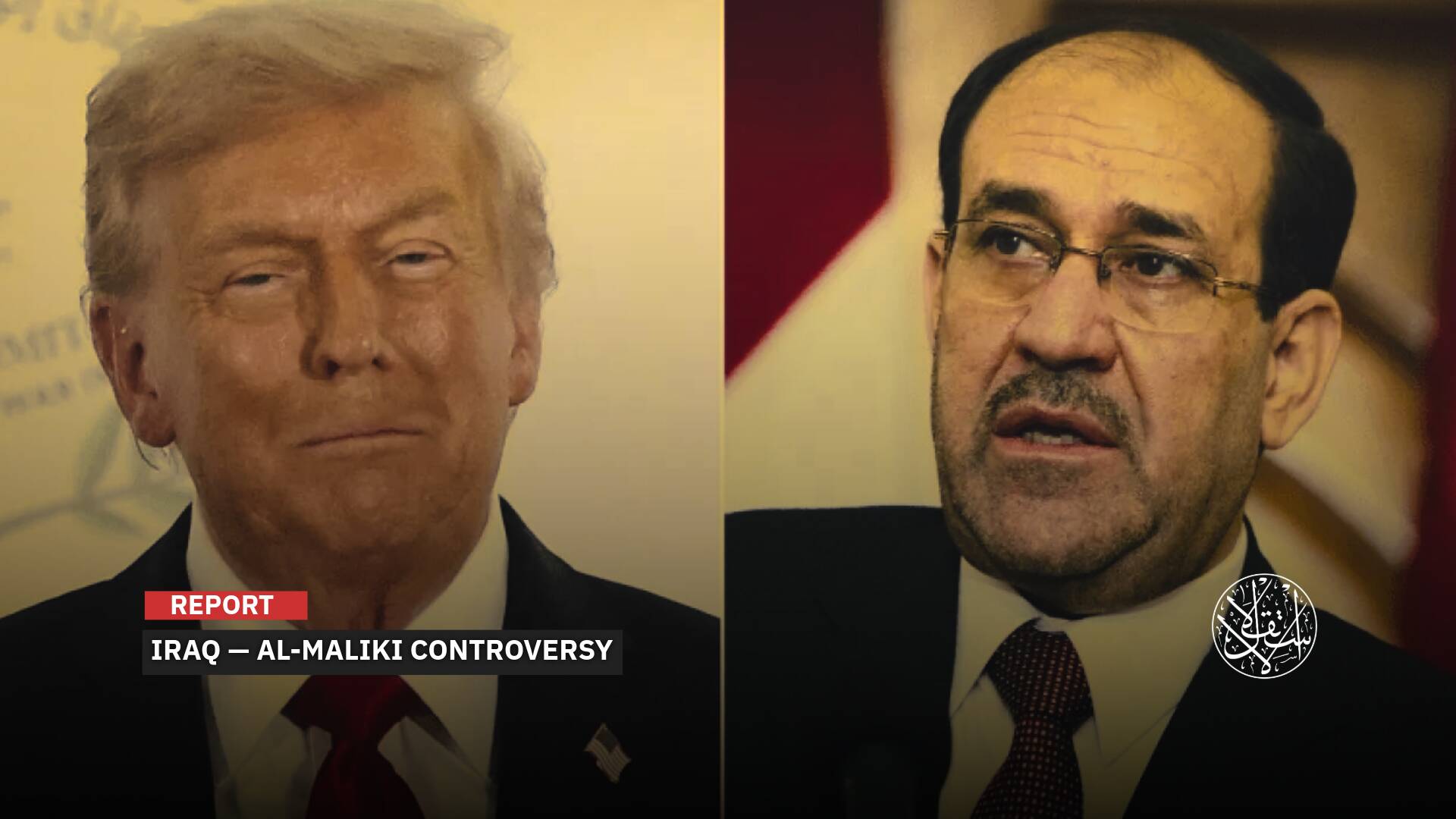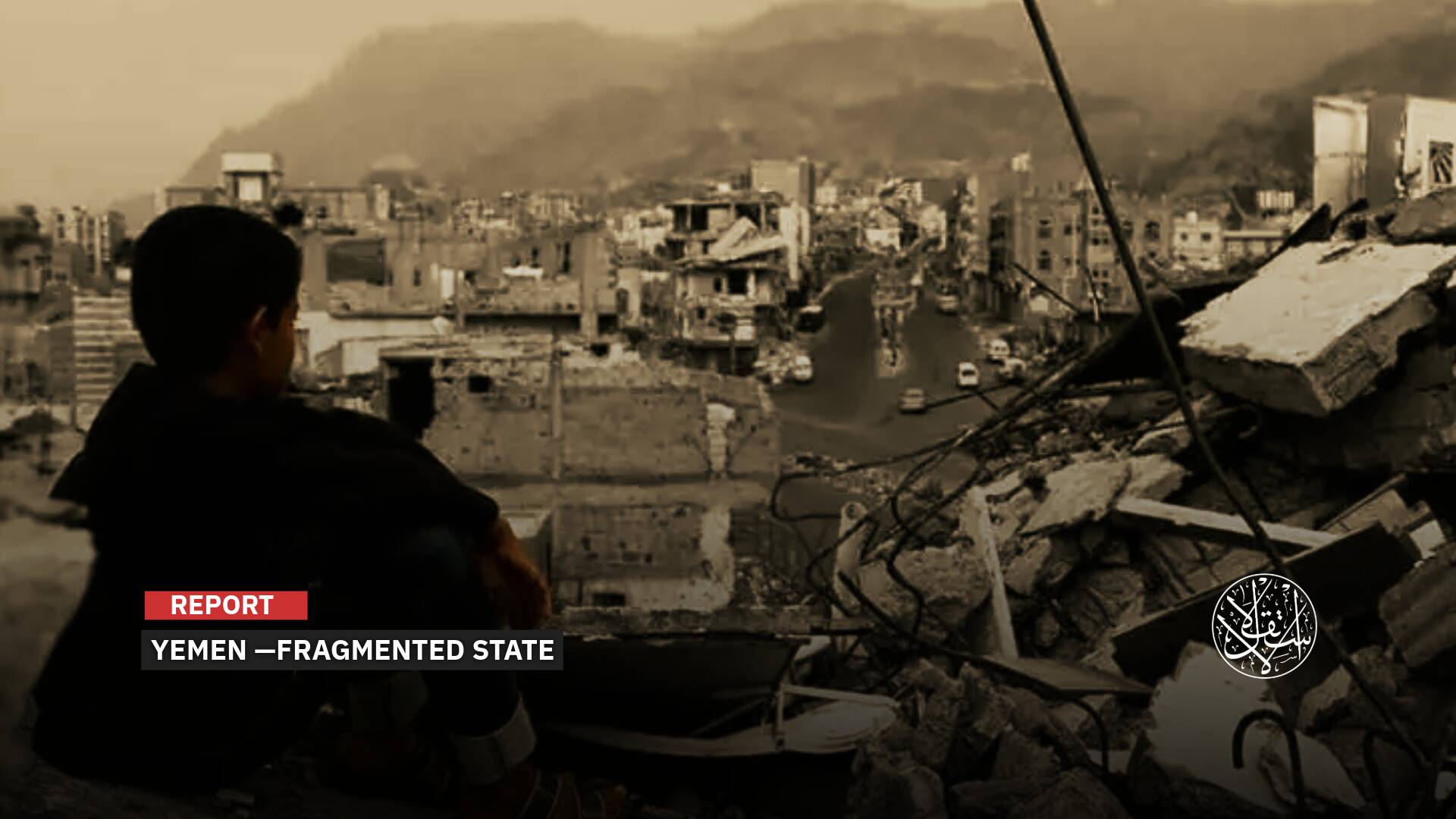Umit Ozdag — Turkish Politician Who Failed Elections But Keeps Spreading Hate Speech

Turkiye's Supreme Electoral Commission has announced the exclusion of Umit Ozdag's victory party from the list of parties allowed to run in the next legislative elections in June 2023.
According to the local Haberler website, the High Electoral Commission has announced parties with qualifications to participate in the elections, and Umit Ozdag's Victory Party has not been included in the list because it has not met the requirements for the next elections.
According to the legislation, parties that have completed their organization in 41 states are required to hold their major conferences, six months have passed since then, and Ozdag’s Victory Party has not completed the required quorum.
Who is Ozdag?
Umit Ozdag was born in 1961 in Japan, where his father, who was one of the participants in the 1960 coup, worked.
He studied political science and received a professorship in 2001 and then studied at several universities, and founded several study centers; the Center for Eurasian Strategic Studies (ASAM, and the 21st Century Turkey Institute, which focused his attention and writings on terrorism, ethnic problems, and migration.
Ozdag's biography shows that he is a strong and ambitious politician, having been a prominent member of the MHP before being expelled in 2006 for running against his president, Devlet Bahceli, to return to it in 2010 by judicial decision, and in 2015 he was elected as a member of its Central Executive Committee and vice-chairman and deputy speaker of parliament, and then expelled again from the party in 2016 following a dispute with several leaders with Bahceli.
He was one of the founders of the Good Party led by Aksener, who defected from the nationalist movement, took over as vice president, and was elected to parliament in 2018, before being dismissed by the party in November 2020, a decision overturned by a court, this time before he resigned from the party in March 2021, and founded Victory Party five months later.
The man is known for his military and security relations at home in Turkiye through his father's military biography and national affiliation, as well as his family's place in the nationalist movement, as his father was one of the founders of the National Movement Party and his mother was the first head of the women's section of the party.
Ozdag was also accused by some of his opponents and friends yesterday, particularly accusations of weaving relations with intelligence services in several countries, particularly the occupation state, which the man did not deny at the college, saying that his work at the Center for Strategic Studies includes sitting with army and intelligence experts from several countries and that he did not go there ("Israel," for example) alone, but with other figures from the "state."
History of Racism
On the other hand, the man has extensive experience with psychological warfare and influence on public opinion, having worked in this field for a long time and published in 2014 a book entitled Cognitive Management: Propaganda, Psychological Warfare and Information Warfare, which he seems to be clearly using in his recent political work.
A promotional clip for a film entitled Silent Invasion (SESSİZ İSTİLA), shows the picture of the situation in Turkiye in 2043, dominated by foreigners/Syrians, the Turks became a minority and could not use their language in their country, and other exaggerations far from drama.
Authorities arrested the film's director for questioning on the grounds of incitement and hate, only to direct Ozdag and boast that he was the one who financed his production.
It is self-evident that a man of these abilities and with this populist discourse with a national background is able to stir the feelings of many, like other populist currents that tickle emotions, and therefore have an asset and an echo on social media in particular.
Some observers of the domestic political scene are also likely to see his party's support rise in such a way that it may be able to cross the threshold for entering parliament in the next election (7%), a challenge that is usually difficult for a new party like him to exceed.
Ozdag’s Rhetoric
The party was founded on August 26, 2021, under the leadership of well-known right-wing politician Umit Ozdag, who resigned from the Good Party.
Despite its novelty, the party has succeeded in keeping itself in the spotlight, the media, and the political event by focusing on immigration policies in general, and the file of Syrians living on Turkish territory in particular.
The party, founded with the aim of "establishing the Constitution of Turkish Nationalism on the Ataturk approach," according to Ozdag's statement, hardly touches on any of Turkiye's domestic and foreign policy files except the refugee file, and Syrians in particular, claiming that it is a threat to Turkiye's national security, future, language, and culture, but calls it an "invasion" of its country.
The party and its president are dealing exclusively with Syrians and immigrants in the country, so much so that the Twitter profile of Ozdag says, "Victory will come to power, all refugees and illegals will go."
Remarkably, the man who presents this extremist rhetoric against immigrants is the descendant of an immigrant family to Turkiye of Dagestan origin.
In addition to his many frequent statements about any event involving a Syrian or a foreign refugee, Ozdag makes field and photo visits to the homes, shops, and workplaces of foreigners, in an act that many consider inciting them and portraying them as potential targets of any fanatic, racist, or reckless act.
Activist Malek Daghestany wrote: “If Ozdag thinks a little away from his racist spirit, he may discover that it was one of the reasons why a Turkish citizen burned three Young Syrians in Izmir last November.”
“I started following his statements every time I encountered his name in a news story. To be associated with his name in my mind, and the minds of most Syrians, as I guess, is a severe case of hate speech and racism against Syrians, and refugees in general,” Malek added.
“In 2019, after posting several tweets on a daily basis against Syrians, mostly based on rumors and fabricated news, Turkish Interior Minister Suleyman Soylu will call on the Good Party to stop their deputy from pursuing Syrians, recommending that he be treated.”
Last November, at the opening of Ozdag's new headquarters under the slogan "We don't want Syrians in our country," he called for the collection of 10 million signatures to expel Syrians, adding: "No one can make Anatolia, home to the Turkish nation, a center of immigration, which will lead to the destruction of the Turkish nation."
For a man of Dagestan origin, he belongs to a family that emigrated from Dagestan's Gazi Kumukh to Turkiye 130 years ago.
“First of all, I couldn't believe it, because I couldn't imagine that a human being of immigrant origin could take such attitudes from new immigrants, even if it was in the memory of a fish,” Malek wrote.
“For someone whose origins are immigrants, how come he can attack immigrants when his own fathers and mothers were immigrants themselves?”













